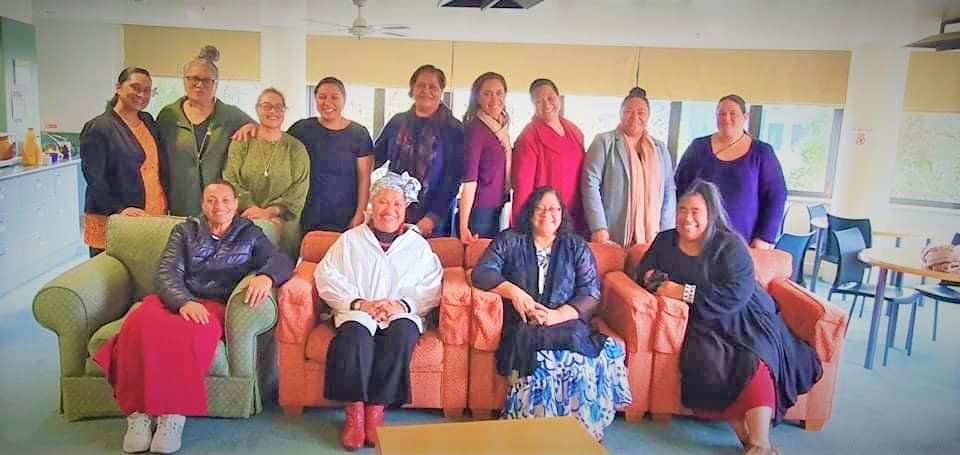View the podcast interview on YouTube

Or click here to listen on Spotify
Main Article
The largest Pasifika women’s non-government organisation (NGO) in New Zealand has gone from local, national to global recognition receiving special consultative status to the United Nations Economic and Social Council. P.A.C.I.F.I.C.A Inc (Pacific Allied (Women’s) Council Inspires Faith In Ideals Concerning All) received the news in late September that they, alongside 57 other organisations out of 80 from across the world, were granted the new status.
The UN Economic and Social Council (ECOSOC) was established in 1945. ECOSOC is described as having a spotlight on global issues and plays a leading role in identifying emerging challenges, promoting innovation, and achieving a balanced integration of the UNs three pillars of sustainable development; economic, social, and environmental. ECOSOC facilitates dialogues among policymakers, parliamentarians, academics, foundations, businesses, youth, and thousands of NGOs.
Alongside P.A.C.I.F.I.C.A, Māori Women’s Welfare League Incorporated and Safe Communities Foundation are the only groups from New Zealand granted the status in 2021. They join a host of organisations from countries including Norway, United States, Israel, Australia, Korea, and Canada.
National President of P. A.C.I.F.I.C.A Reverend Alofa Lale says it is another great accomplishment for Pacific woman.
For Reverend Lale, she says they are at the table and part of the conversation. “There’s a saying that I’ve heard used a lot now and it’s been used a lot with Māori issues, ‘Nothing About Us Without Us’ .” She adds, “Pacific need to be present when the discussion is around issues and concerns that relate to Pacific.
Reverend Lale attributes the achievement of former national executive members, Malia Tua’i-Manuleleua, Debra Kesha-Lloyd and former national presidents, Tofilau Bernadette Pereira, Tagaloatele, Professor Peggy Fairbairn-Dunlop, Dr Diane Mara, and Dr. Jean Mitaera who worked tirelessly to put together the application. Reverend Lale acknowledges the long hours, mostly voluntary, it took to get this process underway back in 2019.

With the new status, Reverend. Lale also sees an opportunity to strengthen the ongoing work and support with the Pacific region. She notes while they are in New Zealand they share the issues, the politics, and the concerns that the Pacific have. “We lend our voices to strengthen our island people back home as well as to strengthen our island women here.”
Reflecting on the journey of P.A.C.I.F.I.C.A, founded back in 1976 by Eleitino Paddy Walker, Reverend Lale believes Paddy would be proud. “I think that when Paddy Walker first started the conversation of wanting to start P.A.C.I.F.I.C.A, I do believe that she knew that we would be here one day, that was why she started it, so that Pacific women could be able to come together to have a voice.”
P.A.C.I.F.I.C.A has more than 20 branches across the country and Reverend Lale attributes the longevity of the organisation due to the hard work of their members and she is excited to see the new generation of P.A.C.I.F.I.C.A young women coming through and is keen to see the organisation continue to grow. She says she is heartened to see the hard work continue of their members even while dealing with a global pandemic.
With the new status in hand where to from here for P.A.C.I.F.I.C.A? Reverend Lale says, “the only way is up, up, up.”